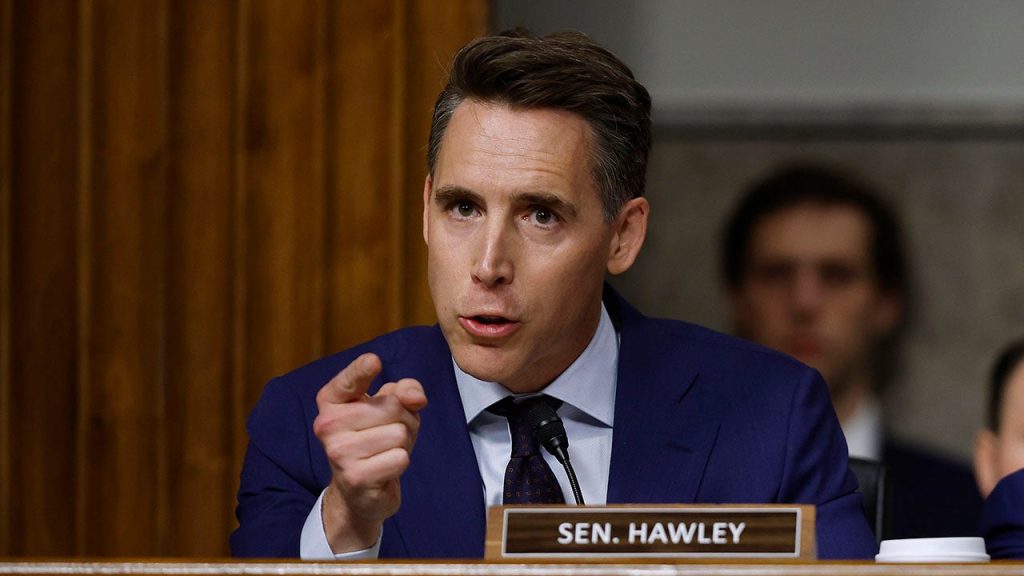Meta Faces Backlash Over Child Safety in Virtual Reality
In a recent Senate hearing that sent shockwaves through the tech industry, two former Meta researchers stepped forward with alarming allegations about the company’s handling of child safety in virtual reality. Their testimony painted a disturbing picture of a corporation willing to sacrifice children’s wellbeing for profit, leading to renewed calls for legislation that would allow parents to hold tech giants accountable for harm to minors.
Cayce Savage and Jason Sattizahn, both former Meta researchers, delivered damning testimony about the company’s practices regarding child safety in virtual reality environments. Sattizahn alleged that Meta consistently prioritized user engagement and financial gain over safety measures, particularly when it came to protecting children. According to his testimony, the company routinely manipulated or deleted research findings that revealed potential harm to users. Despite Meta’s efforts to limit certain types of data collection, Sattizahn maintained that available research still demonstrated significant dangers to users, especially minors. After Germany temporarily banned Meta’s VR products due to data concerns, Sattizahn was dispatched to conduct research once sales resumed in 2022. His findings were alarming – underage children using Meta’s VR in Germany were being exposed to requests for sexual acts, nude photos, and other inappropriate content. Perhaps most troubling was his allegation that when these issues were discovered, Meta executives demanded all evidence be erased and instructed him to avoid gathering data on emotional and psychological harm in future research.
Savage’s testimony complemented these allegations, claiming that as the lead for youth safety research in VR, she witnessed firsthand how Meta prioritized engagement metrics over child protection. She described a pattern of suppression tactics employed by the company, including editing reports, demanding deletions of concerning findings, and even threatening employees’ jobs. When questioned by Senator Josh Hawley about why Meta seemed determined to attract users under 13 despite age restrictions, Savage offered a straightforward explanation: children drive household adoption of gaming devices, which translates directly to increased revenue. Most shocking was Savage’s revelation about discovering “coordinated pedophile rings” using Roblox within Meta’s VR environment to create virtual strip clubs where children were paid to perform. Despite flagging this serious issue and recommending that Meta should under no circumstances host the Roblox app on its headset, Savage noted that “you can now download it in their app store.” Her estimate that “any child in a social VR space will come in contact with, or be directly exposed to, something inappropriate” sent ripples through the hearing room.
Senator Hawley expressed particular outrage over what he characterized as misleading testimony from Meta CEO Mark Zuckerberg earlier this year. In January 2024, Zuckerberg had testified under oath that Meta does not allow people under 13 on its services and removes any underage users discovered. “I don’t see how you can square what he told us under oath last year with what these whistleblowers said today,” Hawley told Fox News Digital after the hearing. “But that’s true of a lot of his statements.” The Missouri senator noted that Zuckerberg has made multiple claims about Facebook’s safety protocols, the company’s work in China, and contacts with the Chinese government that do not align with information provided by whistleblowers and other sources. Hawley has called for Zuckerberg to testify again under oath, though he indicated that Meta appears reluctant to make its CEO available for further questioning.
Meta has strongly disputed the whistleblowers’ characterizations, with a spokesperson calling the claims “nonsense” based on “selectively leaked internal documents that were picked specifically to craft a false narrative.” The company insisted that “there was never any blanket prohibition on conducting research with young people” and stated that “since the start of 2022, Meta approved nearly 180 Reality Labs-related studies on issues including youth safety and well-being.” In response to specific concerns about AI interactions with minors, Meta told Fox News Digital that the company is training its artificial intelligence bots to avoid responding to teenagers on sensitive topics such as self-harm, suicide, eating disorders, and potentially inappropriate romantic conversations. The company also claimed to be working on limiting teen access to a select group of AI characters “for now.”
The bipartisan reaction to the hearing suggests mounting pressure for legislative action to protect children online. Senator Hawley advocated for opening “the courtroom doors” to allow victims and families to sue Meta for failing to protect children. He highlighted legislation he advanced earlier this year through the Judiciary Committee that would enable victims of online child sex abuse to sue tech companies where harm occurs. “I don’t think we’re going to see real change at these companies until this becomes law and parents and victims can get into court and hold these people accountable,” Hawley stated. Senator Marsha Blackburn, who closed the meeting by inviting anyone from Meta to testify or challenge the whistleblowers’ statements, observed that “there is truly bipartisan anger, not only with Meta, but with these other social media platforms and virtual reality platforms and chatbots that are intentionally, knowingly harming our children.” Her concluding remark resonated with many in attendance: “This has got to stop. Enough is enough.”


